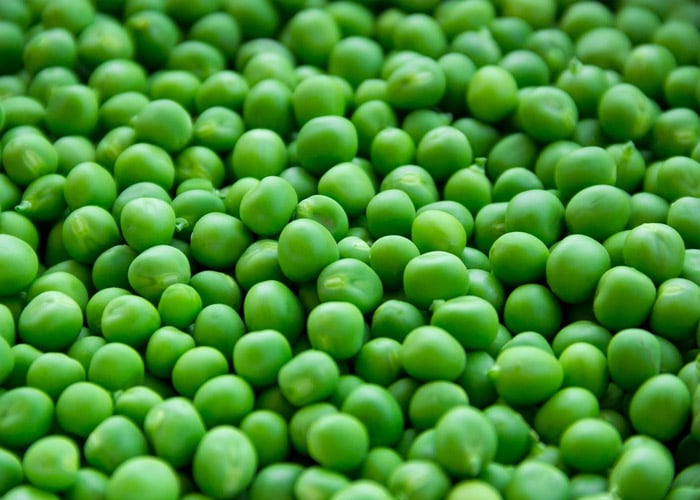MYZONE was developed to help you get the most out of your workouts. Accurate, real-time, effort-based feedback helps you see exactly how hard you're working so you know if you need to push yourself further or dial it back to avoid injury. The group heart rate tracker was not, however, created to do all the heavy lifting necessary when you're working to improve your overall health and fitness. Your MZ-3 was built to partner with you as well as your diet: and that's where fitness protein powders come into view.
When you first think of protein powder the image that comes to mind might be a crowd of men and women sporting visible veins, rippling muscles, and a body fat percentage of 8. Sure, those types often rely on protein powder, but there are enough positive powdered protein that you may want to revisit it too. And like all foods today, there are a variety of forms, flavors and formulations that make it easy for you to find the one that best suits your lifestyle, goals and preferences.
So let’s take a look at the different types of protein powder so you can decide what’s best for you:
Veggie based
Vegan protein powders are gaining in popularity, and for good reason! Veggie-based protein powders are better for those with sensitive stomachs as they are easier to digest. Pea protein is a great option for those who are lactose-intolerant or gluten sensitive. Peas, though small, pack a punch when it comes to protein and other dietary benefits. Peas are fat-free, cholesterol-free and leave consumers with less dietary issues than some of the other go-to powdered protein supplements.
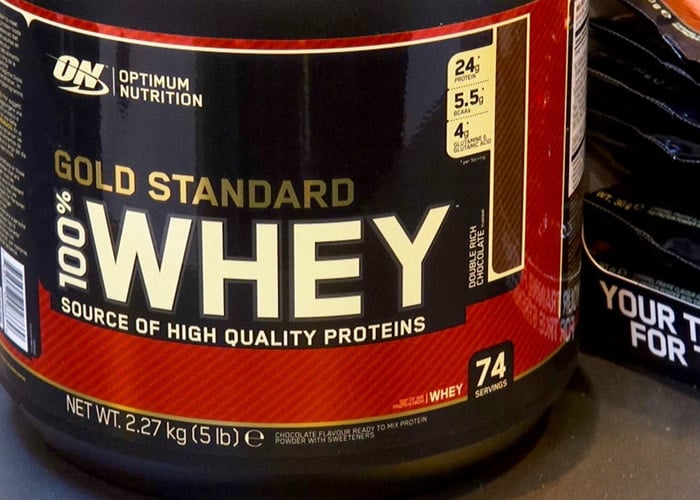
Whey Protein
Often found everywhere from specialty fitness retailers to the corner grocery store, whey is arguably the most common and most reasonably priced of the proteins. Dairy-based and popular with everyone from the super elite to the beginner, whey has become popular for good reason. Studies have shown that when consumed within two hours of a workout, whey protein helps to repair muscles and increase strength and size. The drawback? Whey is not an option for those who are lactose intolerant. Whey is also not as easily digested as a plant-based protein and is notorious for leaving consumers with excessive bloating and gas.
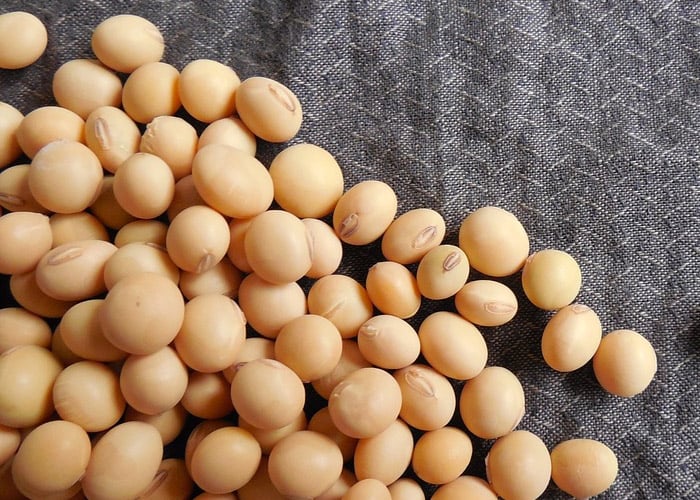
Soy Protein
The go-to protein for most vegetarians, soy is a dairy-free protein that contains the amino acids that are found in complete proteins. Soy protein can help to lower your bad cholesterol and is a great source of omega-3’s and is low in saturated fat. One of the downsides that has been seen in the consumption of excess soy is the increase in estrogen in both men and women.
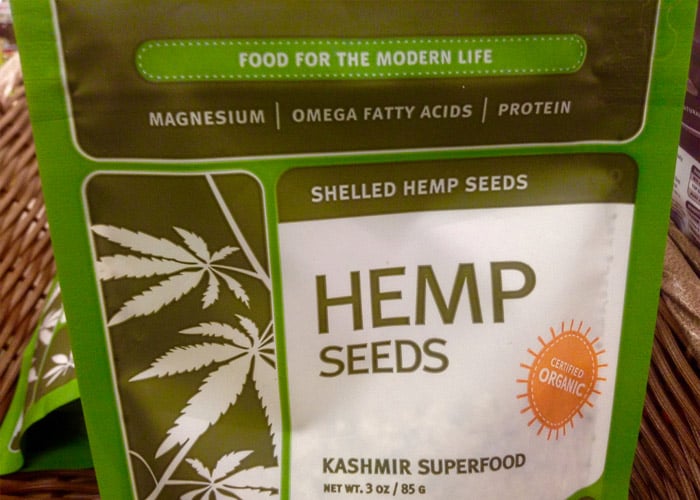
Hemp Protein
Hemp seeds have a lot to offer even beyond their protein. They, like pea and soy, are vegan and plant-based which makes them more digestible than other types of protein. Hemp seeds are considered a “superfood” due to their high omega-3 and omega-6 fatty acids. Hemp, in some studies, has also been linked to improved immunity and decreased fatigue. The downside to hemp? They have a higher fat content than other protein types which results in a higher calorie count. This means they’re not ideal for those who are looking for pure weight loss.
These are just a few of the types of protein powders out there. Ultimately, when it comes to choosing a protein type, you need to make sure the protein type you choose aligns well with your fitness goals. Even more importantly, you need to listen to your body and figure out which protein type not only gives you your desired results but is also easily digestible. And because we're always encouraging you to be social, we suggest the next time you're in a class using MYZONE's group heart rate tracker, the MZ-3, you take a minute to ask your friends and trainers what proteins have performed best for them! They know as well as you that when you're fueling your body right, you're able to put in more effort, earn more MEPS, and get more out of each workout.
What type of protein have you been using? Do you think it may be time for a switch? We’d love to get your feedback on your favorites and least favorites on social media. Tag your picture and give us your thoughts by using #myzonemoves and #effortrewarded so others can learn from your experience!
Share this
You May Also Like
These Related Stories
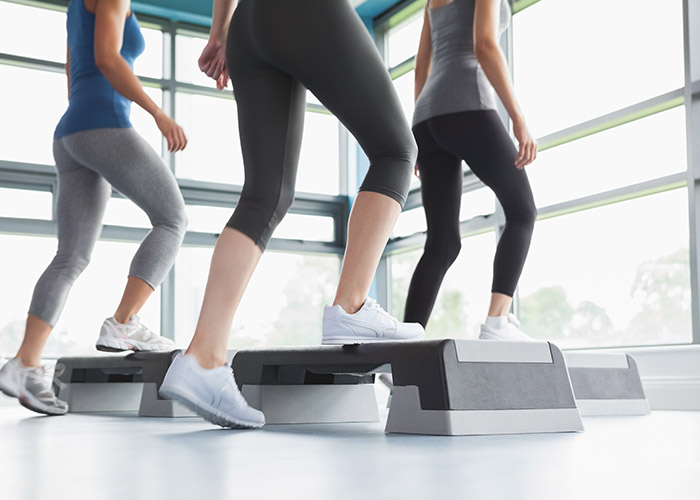
On the Go Holiday Workouts

Playing the Game: Finding the Right F.I.T.T.



